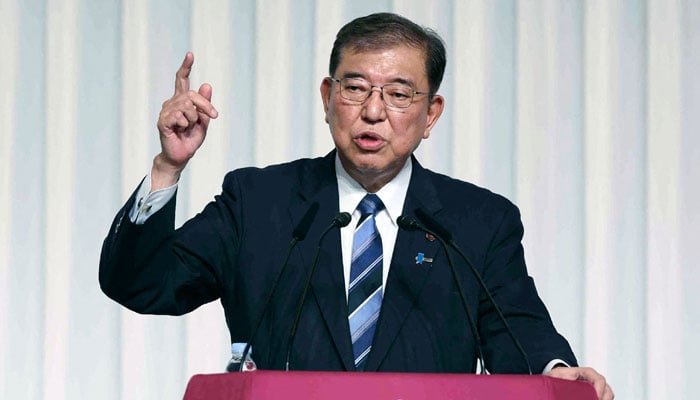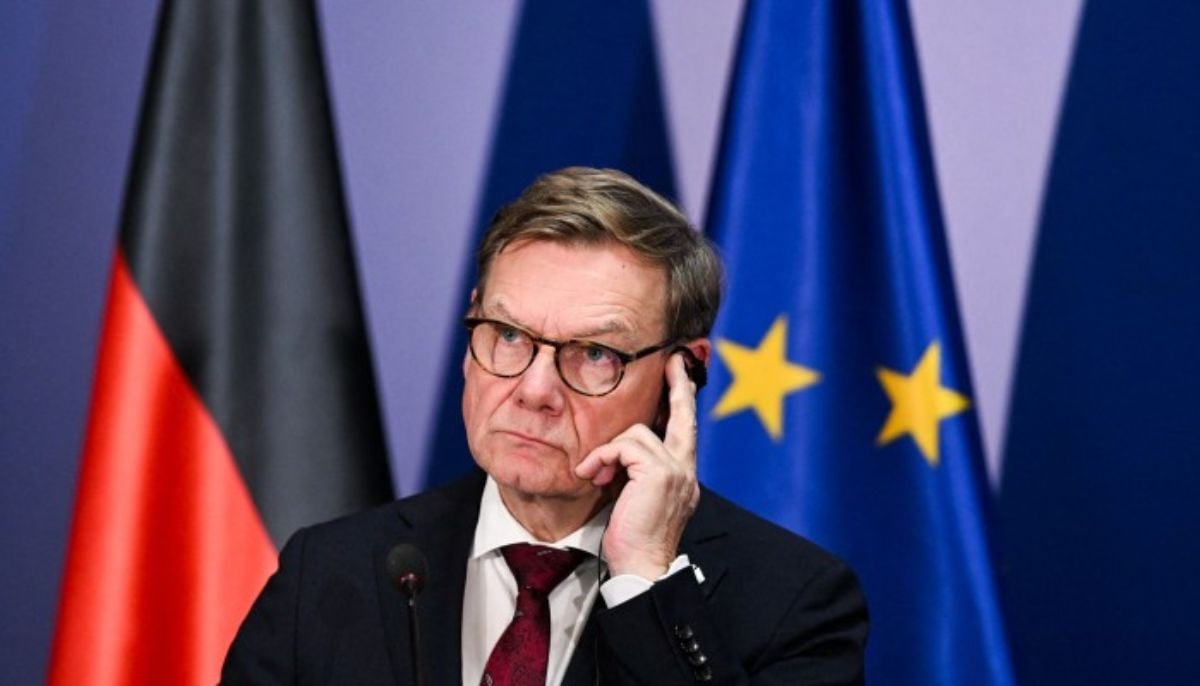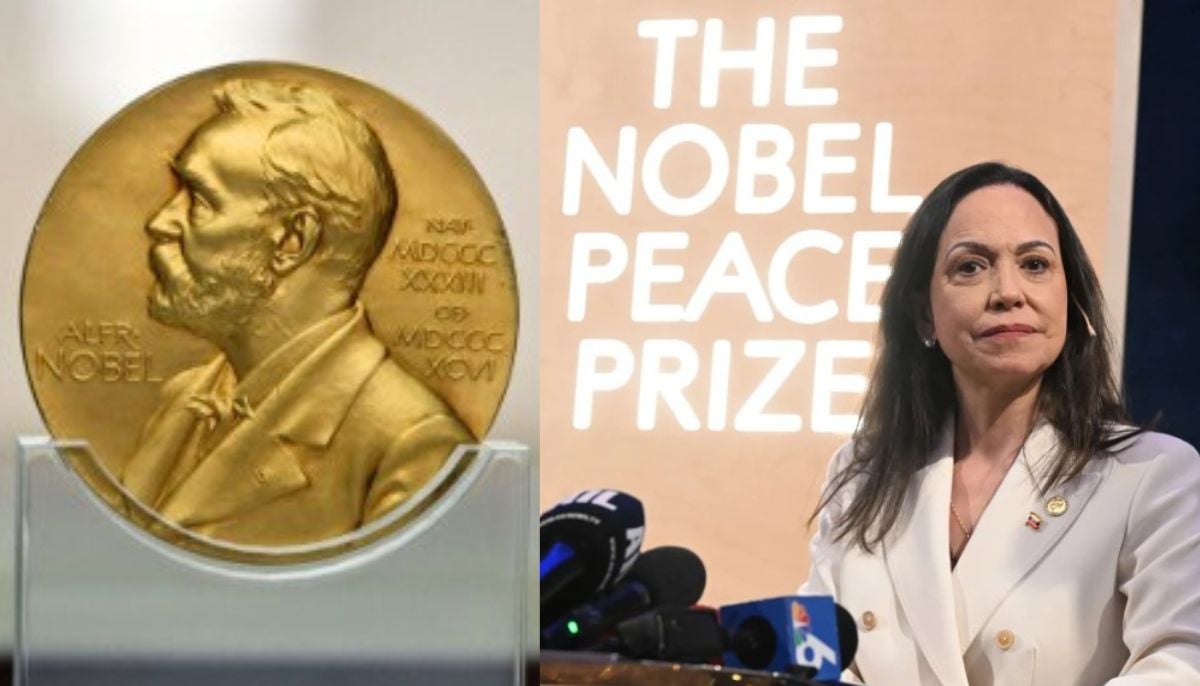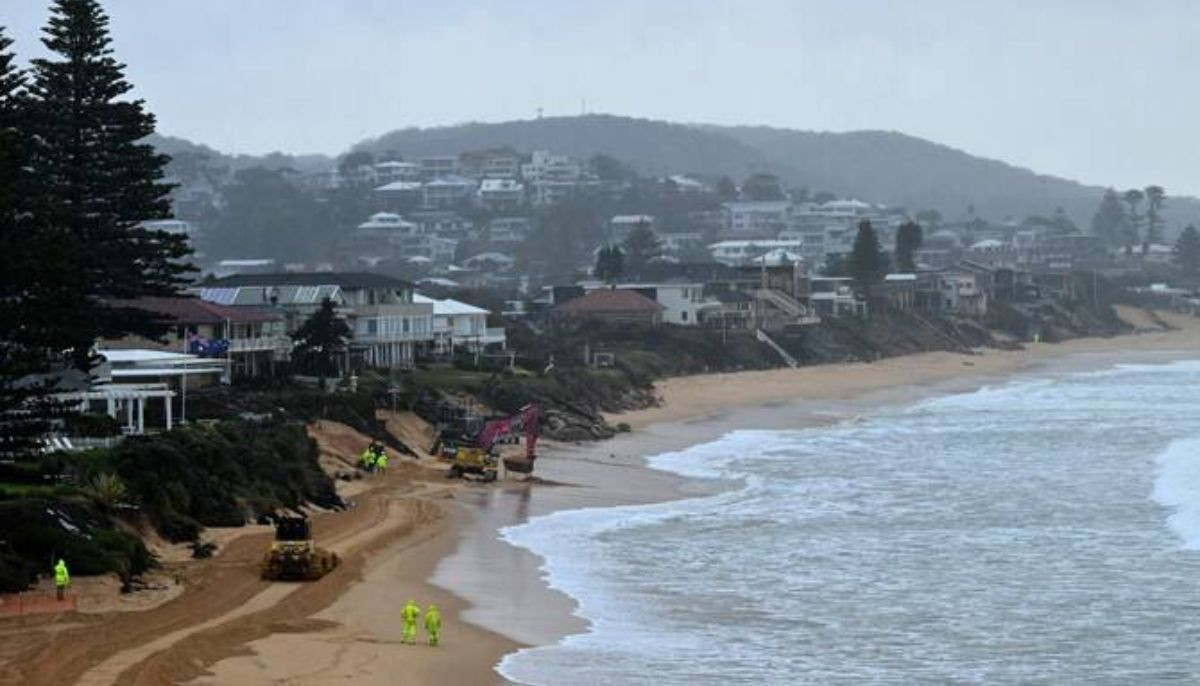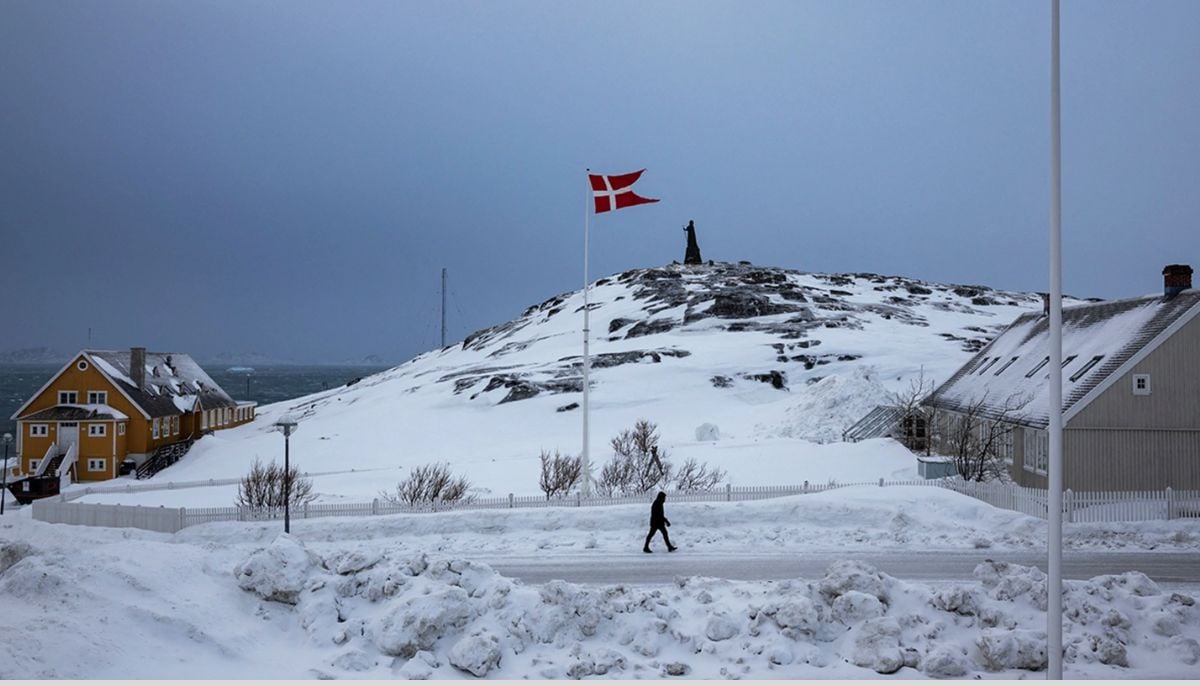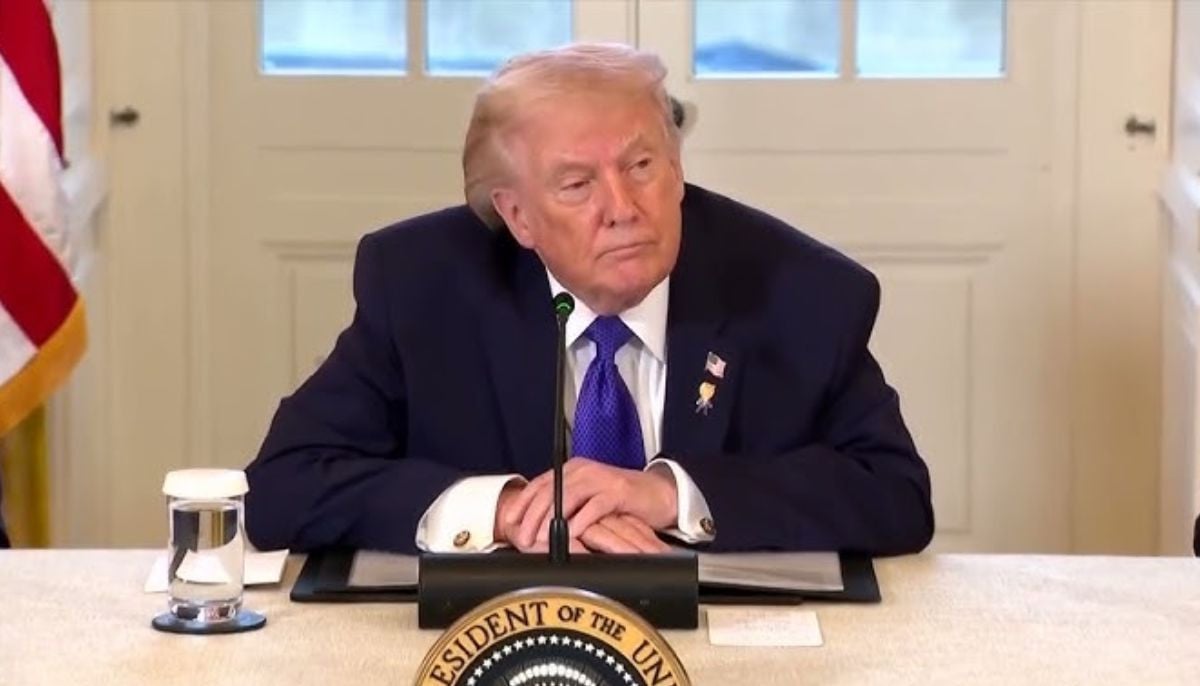Japan's PM Ishiba 'committed' to strengthen military amid rising tensions
Japanese PM vows to protect country while tensions running high after incursions into airspace by China, Russia
Japan's parliament officially elected former defence minister Shigeru Ishiba on Tuesday to replace Fumio Kishida as the new prime minister of the country, following a victorious run in a historic election last week.
The leader of the conservative Liberal Democratic Party (LDP), who is known for his extensive expertise in security policy, secured Japan's top job after defeating his rival candidate, hardline nationalist Sanae Takaichi in a run-off vote.
According to AFP, Ishiba's plans to bolster the military and his call to establish an Asian NATO could raise potential concerns about the friction with Beijing, but he was careful with his words concerning China.
"I will be committed to protecting Japan's territory," he said on Friday after the ruling party voted him leader. "Japan wants to fulfil our proactive responsibility and start discussions about how to build peace in this region."
Tensions are running high after incursions into Japanese airspace by China and Russia. A Japanese warship also last week sailed through the Taiwan Strait for the first time.
Ishiba had four failed bids to lead his LDP, including a 2012 try against his arch-rival Shinzo Abe, before prevailing this time against a nationalist.
The 67-year-old politician has also proposed creating a government agency in charge of disaster prevention in the earthquake-prone country that is also frequently hit by typhoons and heavy rains.
Ishiba has said he intends to call a general election for October 27.
No repetition
Ishiba, whose politician father was at one point a cabinet minister, won his first parliamentary seat with the LDP in 1986, aged 29.
During his long career, the father of two has held several key posts including LDP secretary general and minister for agriculture.
Ishiba has pledged to boost the economy by encouraging domestic investment in the chip and AI sectors among other policies, such as using nuclear power alongside renewables to fuel the resource-poor country.
He supports the Bank of Japan's exit from its longstanding unorthodox monetary easing policies — championed by Abe — and has said "there is room for raising the corporate tax".
The money raised by this tax hike will help the government in its existing plan to ramp up defence spending to the NATO standard of 2% of gross domestic product (GDP) by 2027, according to Ishiba.
He aims to raise Japan's low birth rate through measures including a review of the country's notoriously long working hours and expanding support for parents, and wants to fight rural depopulation by revitalising regional economies.
Ishiba has said he is uniquely qualified for the job because he has experienced many setbacks when tackling tough social issues, such as agriculture reforms.
"I have always asked myself why and how things didn't always go well. I don't want future generations to repeat the same mistakes," he said in a recent debate.
-
Tropical Cyclone Koji: Thousands of Australians affected by mass power outages in Queensland
-
Greenland as geopolitical hotspot: Why Arctic region matters for US, China & Russia?
-
US 'Doomsday Plane' lands at LAX for the first time in its 51-year history
-
Australia on alert: State of disaster declared as Victoria’s bushfires rage
-
US Arctic strategy: Trump threatens to take Greenland ‘the hard way’
-
Environment Canada weather warning as cold front brings strong winds to Ottawa
-
Will Venezuela rebuild diplomatic relations with US?
-
Storm Goretti leaves widespread power outages across France, Britain
